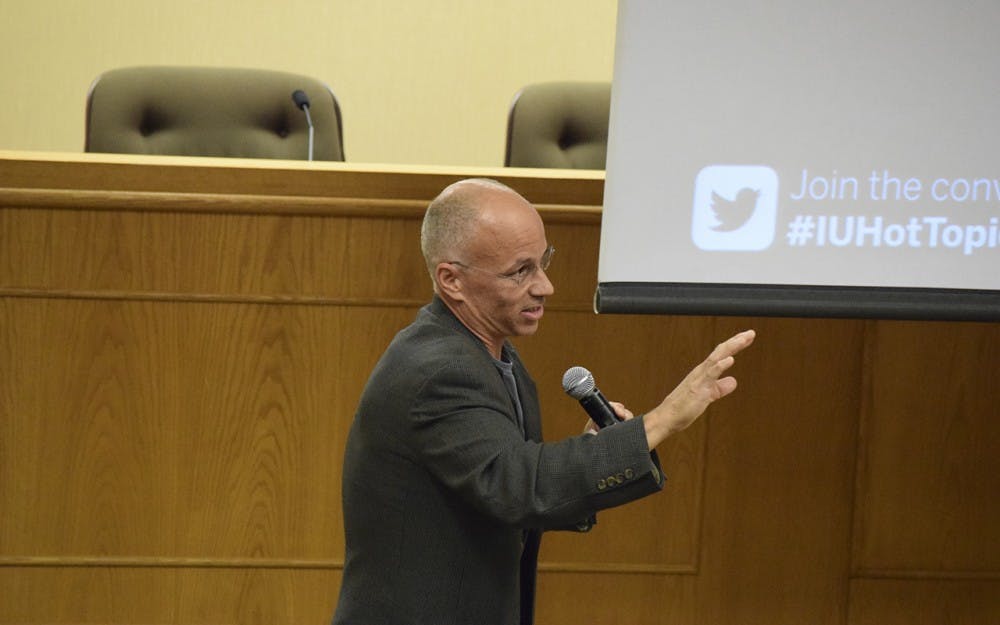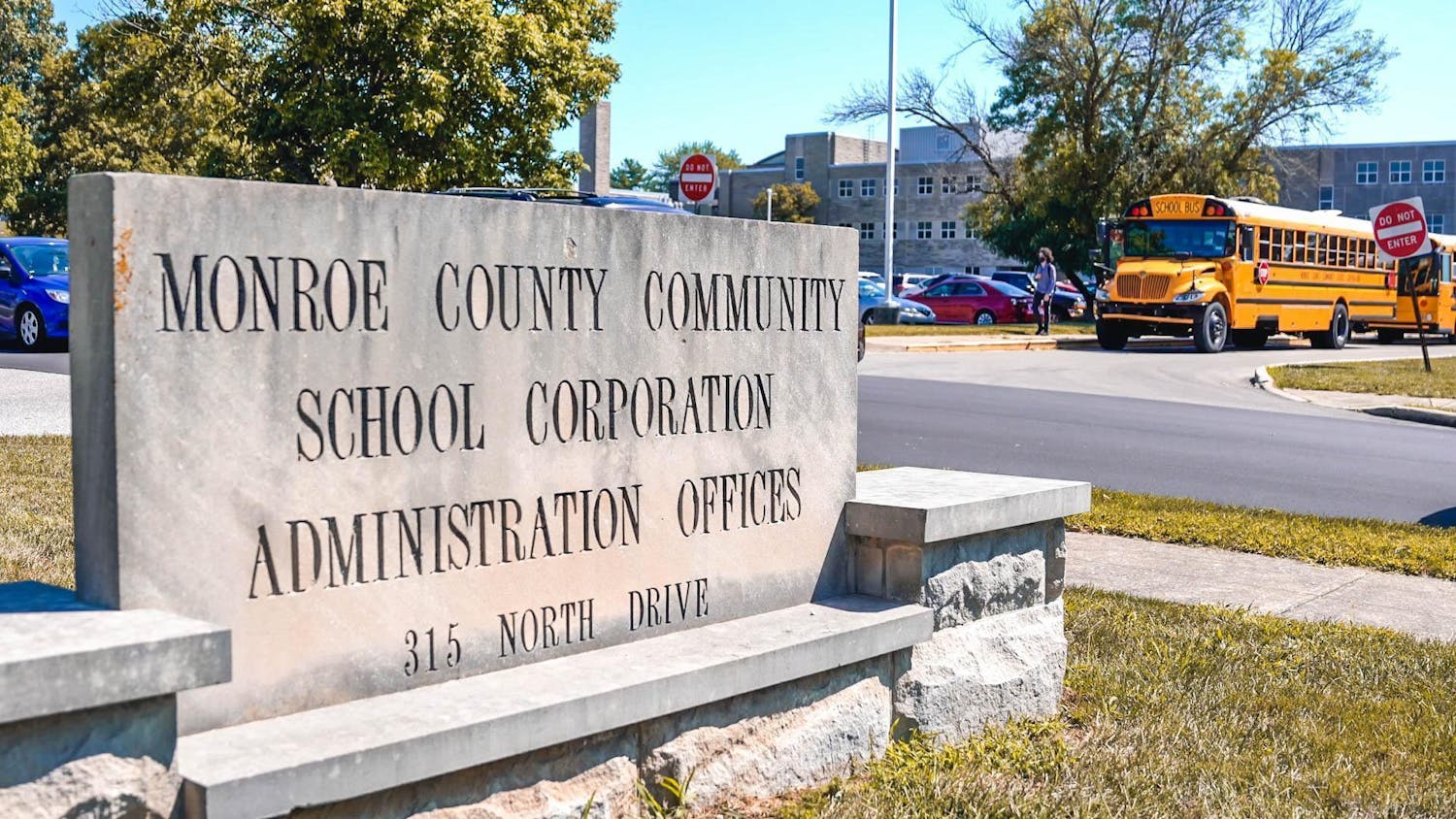Three professors came together Tuesday night to discuss the upcoming election and historical voting rights in the first discussions of this year’s series titled Hot Talks put on the by the Office the Provost.
Provost Lauren Robel started off the talk by discussing her experiences with voting rights.
“I suspect there’s nothing generating more heat and perhaps less light right now than the election that we’re all in the middle of,” Robel said. “Voting is, indeed, a form of power.”
Professors Bernard Fraga, Marjorie Hershey and Luis Fuentes-Rohwer composed the panel moderated by professor Steve Sanders.
The panelists were asked questions about the relationship of millennials and racial identity during the election, voter fraud and the influence of the media.
After the prepared questions had been concluded, the panelists took questions from the audience, many which addressed student issues and the rise of Donald Trump.
Hershey, a professor in the Department of Political Science, focused mainly on the past lack of the student votes and how to motivate younger people to vote. She said candidates talk more about issues affecting older voters than students because younger people vote at almost half the rate older voters do.
Fraga, assistant professor of political science, and Fuentes-Rohwer, professor of law, focused mainly on the issues facing minorities in past elections and the history of minority voter disenfranchisement.
Fuentes-Rowher highlighted the decrease in elected black officials starting in 1868 with new voter restriction laws and the increase beginning in 1960 with the Voting Rights Act.
“Rights aren’t given to us,” Fuentes-Rohwer said. “They have to be fought all the way through.”
Fraga said the problem was not too many people voting but too few and specifically called out millennials who felt spreading the word through social media was enough civic engagement.
“It’s not enough to just post something on Facebook or watch an SNL video about the debate,” Fraga said. “It’s about getting out there and voting.”
In response to a question on whether uninformed citizens should refrain from voting for the greater good, the panelists unanimously voiced their disagreement.
“Who gets to decide?” Hershey asked. “What Thomas Jefferson and James Madison would say is that democracy is a process, not an outcome.”
Fraga agreed on the importance of letting all eligible citizens have a voice.
“When we don’t like something that happens in elections, if our first response is, ‘They shouldn’t be saying that. I’m going to try and make sure that person can’t vote,’ I think we fail the citizens,” he said.




